Engineering
FLVS Student Receives Full Scholarship to Princeton
By Florida Virtual School on February 17th, 2021
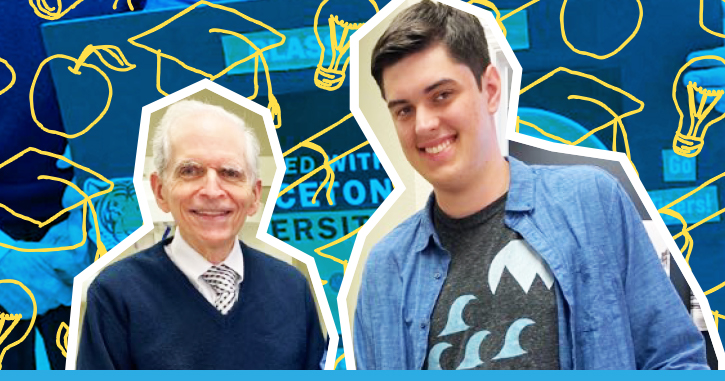
Of 3.2 million high school graduates in the United States, 2.1 million (66.2 percent) will enroll in college. Princeton University, a private Ivy League research university in New Jersey, offered admission to just 1,823 students in 2020. FLVS Full Time student Matthew Ciccone was not only accepted, but also received a full four-year scholarship to the elite school.
Get to know Matthew in this interview with the FLVS Full Time Class of 2021 graduate!
Continue readingStarliner Launch Brings Learning to Life
By Guest Blogger on February 10th, 2020
This post was written by Elizabeth Jones, a member of the FLVS social media team.
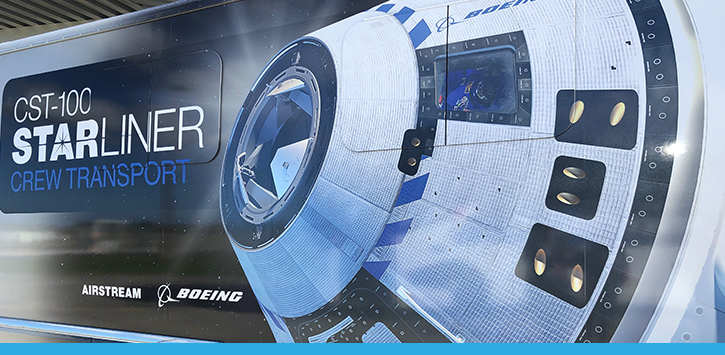
I recently had the opportunity to watch Boeing’s CST-100 Starliner make its debut flight to the International Space Station. This was a great opportunity to see the impacts of career and technical education in action! Continue reading
FLVS Follows Science on Its Way to Space
By Guest Blogger on April 30th, 2018
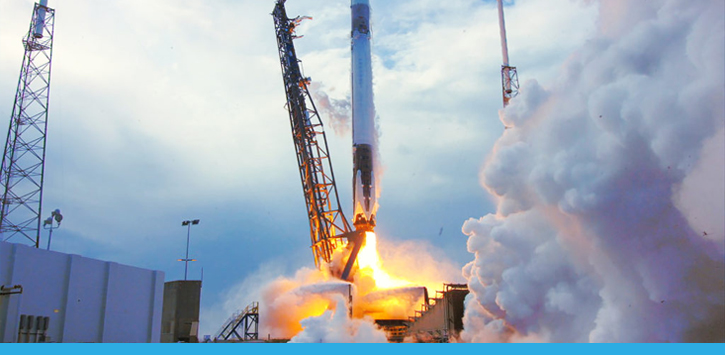
On April 2, 2018, the SpaceX Falcon 9 rocket blasted into space with the Dragon spacecraft – sending fascinating science experiments and supplies to the International Space Station.
FLVS was invited to share the experience with our students and followers through social media, including a behind-the-scenes tour of NASA facilities at Kennedy Space Center prior to launch. Continue reading
Practical Problem Solving
By Guest Blogger on December 15th, 2017
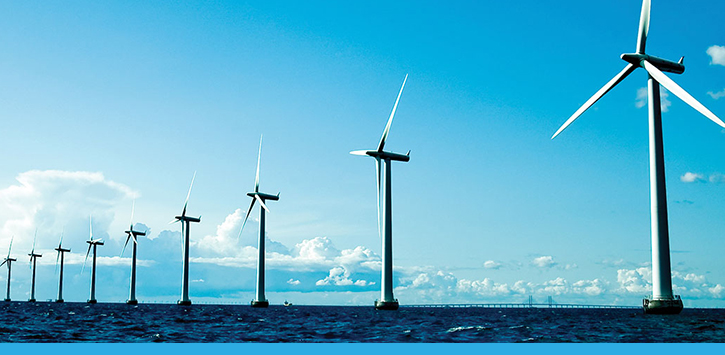 It’s happened to the best of us: you push the power button on the remote and nothing happens. What’s the problem? Does it need new batteries? Is the TV unplugged? Is the power out? To figure it out, you need some problem-solving skills.
It’s happened to the best of us: you push the power button on the remote and nothing happens. What’s the problem? Does it need new batteries? Is the TV unplugged? Is the power out? To figure it out, you need some problem-solving skills.
Problem-solving skills are important in our everyday lives, our careers, and in learning. Problems may be frustrating, but they can also be opportunities. By helping our students develop strong problem-solving skills, we can help them look at problems differently, do things in a different way, and think critically. Continue reading
Aliens and Explosions
By Guest Blogger on March 30th, 2017
This post was written by FLVS student Sarah Weyand about her award-winning research in astrophysics.
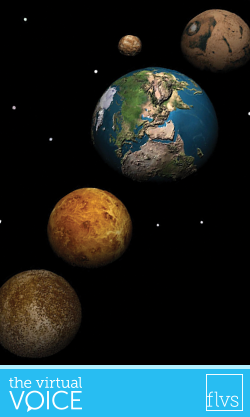 My science fair journey began about a year ago.
My science fair journey began about a year ago.
I was approached by a Harvard graduate who wanted to mentor a high school senior in an astrophysics and computer science research project.
I knew nothing about astronomy and I didn’t know a single programming language, but I love space and I plan to major in computer science in college. Naturally, I said yes. This project has taken me to the Science Talent Search, the Indian River Regional Science and Engineering Fair, and, now, the State Science Fair.
My project is titled Aliens and Explosions: How Supernovae Affect the Habitable Zones of Exoplanets.
The purpose of the project is to calculate the percentage of exoplanets, a planet that does not orbit our Sun, that would no longer be in the habitable zone of their host star due to a supernova, the explosive death of a massive star. Continue reading
FLVS Attends GOES-R Satellite Launch
By Florida Virtual School on December 7th, 2016
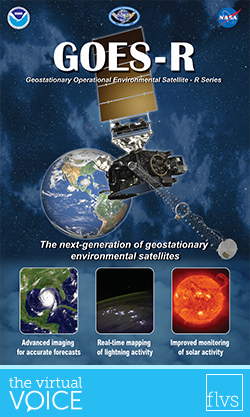 On Saturday, November 19, I had the privilege of watching the GOES-R weather satellite launch from Kennedy Space Center.
On Saturday, November 19, I had the privilege of watching the GOES-R weather satellite launch from Kennedy Space Center.
Now you may be wondering what GOES-R stands for. It’s the Geostationary Operational Environmental Satellite, a satellite system that orbits the earth and sends data back to National Weather Service computers. The R indicates what number or version the GOES satellite is on, so there have already been versions A-R. GOES-S is slated to launch next year and is the twin to GOES-R.
Of course, weather satellites get launched all the time, so why would this one be any more special than the others?
Well, right now we receive images of satellite scans every 30 minutes or so. The GOES-R satellite will provide data at least every five minutes, and in some circumstances every 30 seconds! So not only will it be five times faster than current weather satellites, but it will also gather three times more data and it will have four times better resolution. Continue reading
To Bennu and Back!
By Florida Virtual School on September 29th, 2016
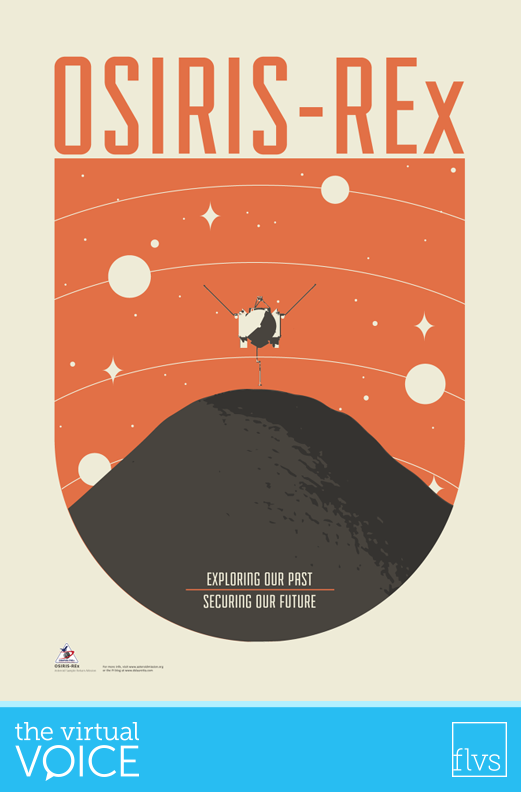 Hello FLVS peeps!
Hello FLVS peeps!
I had the distinct honor of representing FLVS at the OSIRIS REx rocket launch a few weeks ago.
Now if you’re wondering what exactly that means, OSIRIS REx stands for NASA’s Origins, Spectral Interpretation, Resource Identification, Security-Regolith Explorer. That’s a mouthful, right?
In a nutshell, NASA is sending a spacecraft to an asteroid named Bennu. Once it reaches Bennu (after a trip lasting two years), the spacecraft will orbit the asteroid for about a year, find the perfect place to collect about 80 grams of the rock, and head back home, arriving back to Earth in 2023.
It won’t actually land on the asteroid, but instead hover over it – and with the help of Canada and their amazing knowledge of spacecraft arms – will grab a small sample. (To put this in perspective, 80 grams is about the equivalent of 80 Skittle candies.)
So why are we going to Bennu? Continue reading
Let Your Summer Sizzle with STEM
By Guest Blogger on June 30th, 2016
 The countdown is over and summer is now in full swing!
The countdown is over and summer is now in full swing!
Can you hear the rejoicing cries of school-age children saying “no more alarm clocks,” “no teachers,” and “woohoo, no homework!”
Ask students what they want to do as they’re just beginning to submerge themselves in summer-break mode and more than likely you’ll get answers like: relax, watch TV, see movies, go to the beach, and chill with friends. Continue reading
Win a Family Getaway to Kennedy Space Center!
By Florida Virtual School on June 30th, 2015
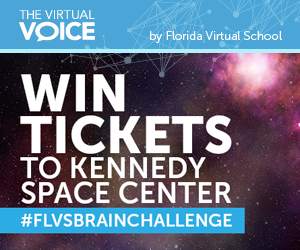
There’s still time to enter our summer video contest – and win an awesome new prize!
Share a video of you learning a new skill by July 31 and you could be the lucky winner of a family getaway to Kennedy Space Center!
View all of the contest details here.
Did you know that NASA specifically seeks individuals who have a history of struggle and failures when searching for astronauts and engineers? Those who have bounced back and grown from their mistakes bring with them a unique set of strengths over those with straightforward success stories. Continue reading
FLVS Brain Challenge: Week 1
By Florida Virtual School on June 26th, 2015
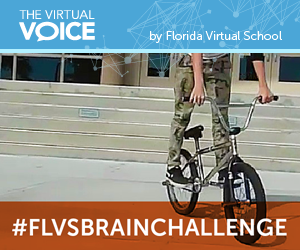
It’s been a great first week for the FLVS Brain Challenge!
This week’s top contender is @jozh_legit who comes to us from Instagram with some crazy bike tricks. It’s obvious that he’s been making progress in learning some new moves this summer. Search for #FLVSBrainChallenge to see for yourself!
Think you can show us something even crazier? You could be our next big featured participant – or even our final winner! All you need to do is share a video of you learning something new on Vine or Instagram.
Learn more about our contest and how to enter here. Continue reading
